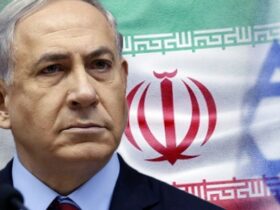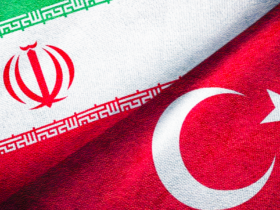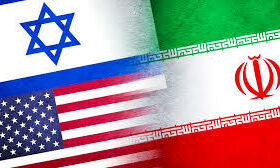By Diyari Salih
After the COVID-19 outbreak, WhatsApp groups and sites have increasingly come to dominate daily life in Iraq. A number of good groups have surfaced as electronic platforms for communication and exchanging thoughts. However, this article assumes that establishing such groups is not without negative results.
These groups could prove extremely dangerous for many reasons. In general, do not provide real research information based on critical thought. The majority of them have the same members and dispatch almost the same views. Thus, someone might ask: “how this will affect the time we daily spend on these sites, what is the benefit we can get from them, and what are the effects of these long hours on our real, mental, and emotional life?”
Furthermore, these groups often post the same news widely displayed at media channels without deep discussions or reviews. This makes such electronic groups limited in their effectiveness if not outright harmful. Some of these insights, which might later become reality in the minds of numerous individuals, might be an indirect way to deceive public opinion rather than enlighten it.
These groups are now threatening to deepen Iraq’s social crisis. The groups often purport to express the views of the Iraqi political elite. Often when I read articles, comments, and posts on these sites they are difficult to understand because they are so significantly scientifically invalid. This can make researchers lose their trust in these articles, accusing who wrote them of trying to distort the truth.
While the Iraqi people experienced severe setbacks that needed serious solutions after 2003, many of these chat rooms do not offer fruitful wisdom or creative culture. The language of treason and defamation of truth spread broadly. Moreover, stereotyped and superficial judgments towards the controversially social, religious, and ethnic issues are still prevalent in these electronic conversations.
Today we are facing a major deterioration in the area of respecting different scientific specializations. Most members of these WhatsApp groups share various topics so that the debates are carried out with next to no academic restrictions.
The majority of such conversations focus on policy issues. Strangely enough, most of those articles, posts, and discussions lack any kind of scholarly knowledge about politics or political theory. In the same way, when it comes to constitutional matters, most participants promote themselves as experts. This happens in numerous cases, such as posts and discussion about COVID-19 from a medical perspective.
Academic disciplines have vanished, and popular culture has begun to dominate the majority of internet dialogues. In this world, it is not strange to see nurses presenting themselves as political experts, and vice versa. Even worse is that Iraqi and Arabic TV channels have started to host such commentators and bring them to the audience as specialists on various Iraqi issues. Consequently, many Arabs have begun to misread the complicated picture of current Iraq.
It seems that some of these groups are organized according to a specific ideology although they try to convince the others they are independent. After attracting attention around a single issue, they gradually start to promote their partisan leaders. Accordingly, this electronic space is now being exploited by such parties to limit their rivals’ influence.
We must not allow these WhatsApp groups to drain our energy. These groups must fortify the personal experiences of success and reduce the high level of anxiety among people. Otherwise, one day, this electronic space could become totally neglected. People are already becoming convinced that they should not waste much more time on these sites and must invest their time in more important matters.
Diyari Salih is an Iraqi academic working at al-Mustansiriyah university. He holds a Ph.D. in Political Geography from the University of Baghdad and a Post-Doctorate in International Relations from the University of Warsaw. His research focuses on geopolitical issues in Iraq. He tweets at @DiyariFaily

















Leave a Reply